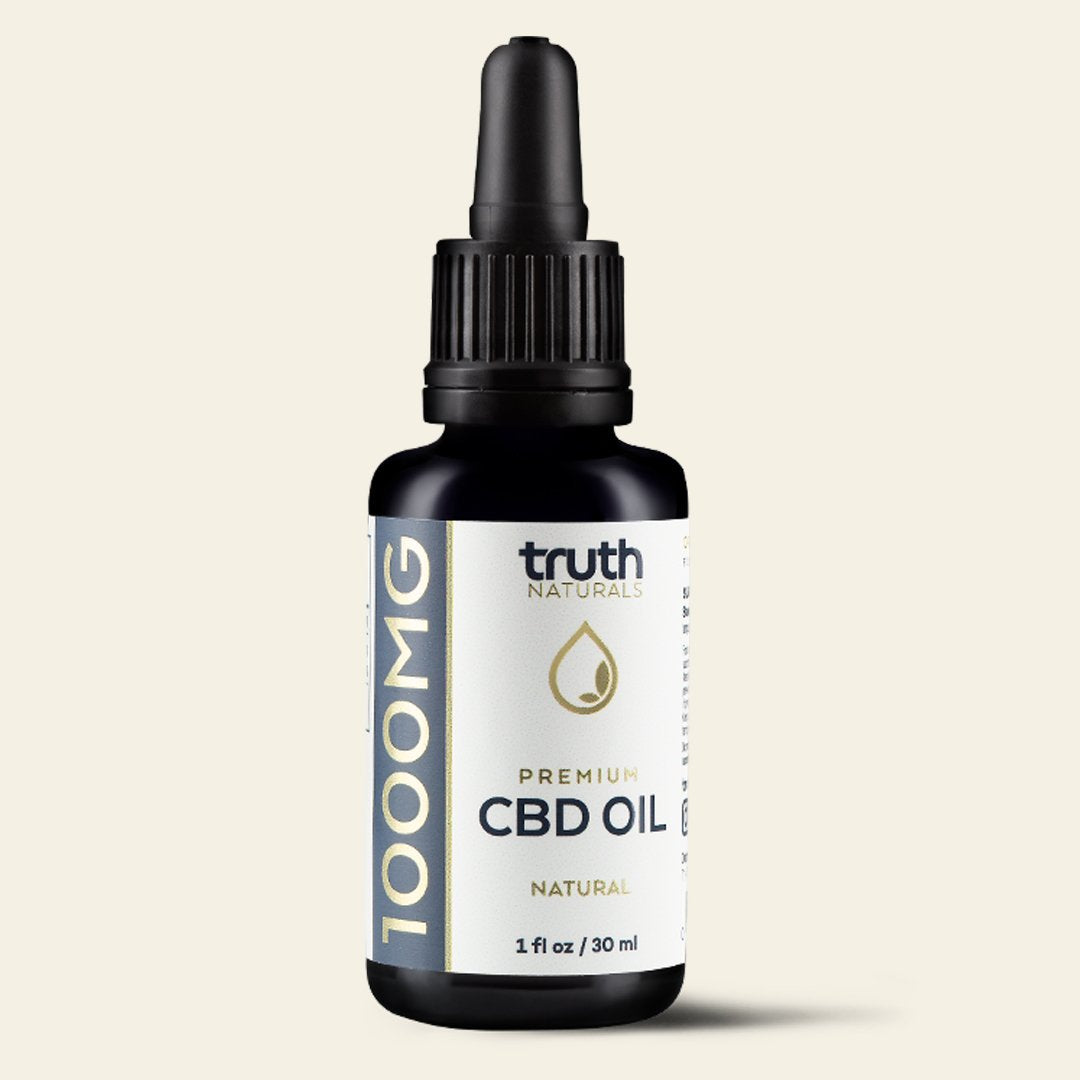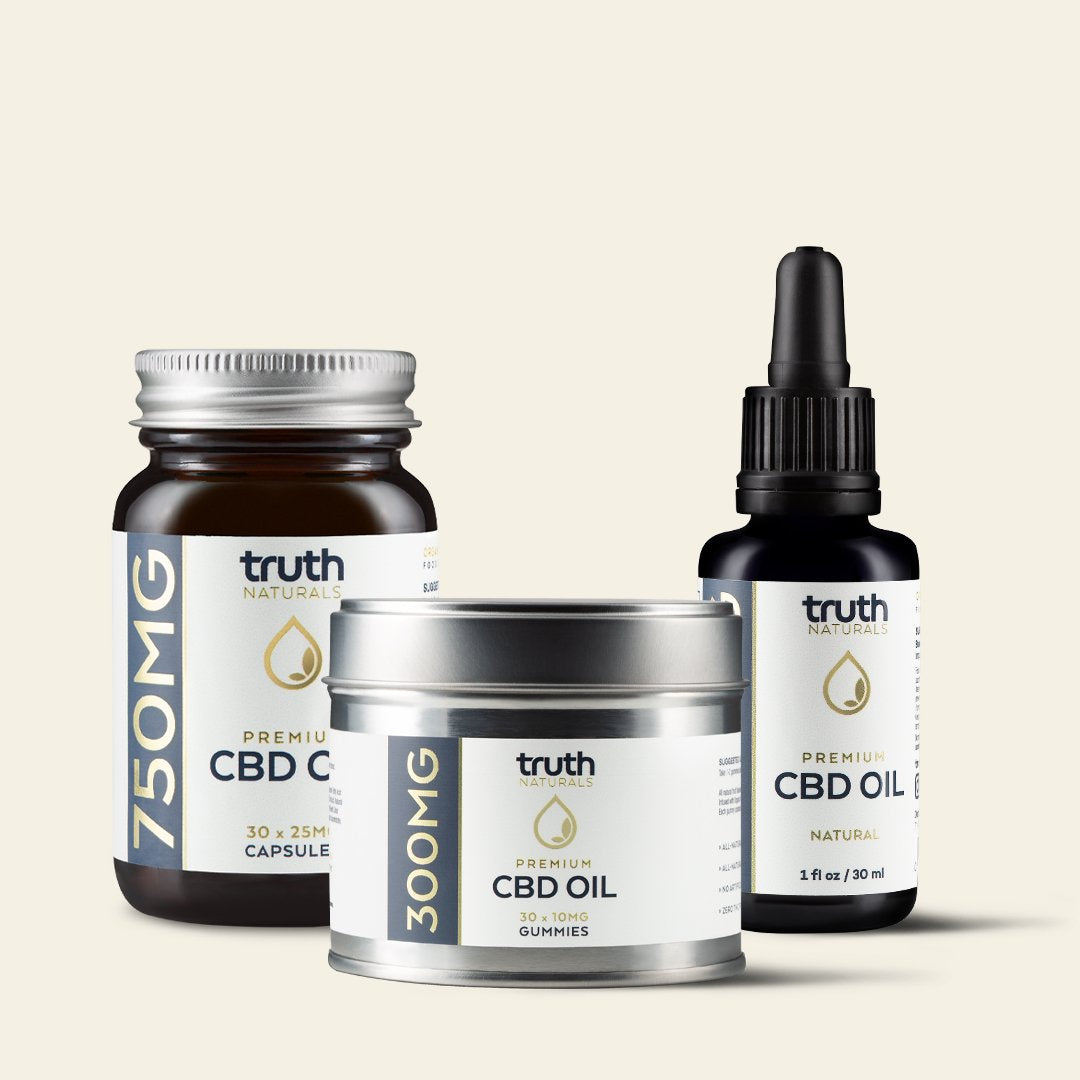-
CBD PRODUCTS View all products
-
CBD COLLECTIONS
Why is Vitamin D trending?
All about the vitamin that is so crucial for our health
Written by Orla Ni Bhriain
Lockdown life has had its ups and downs for most of us, one thing is for certain - all of that time indoors has left us with a burning desire to get out and about. Many of us, since March, have spent the majority of our time indoors in accordance with government restrictions. In big cities, like London, a high percentage of the population can’t afford to buy or rent homes that include a garden space. For many people, the time they’ve spent lounging in parks and outdoors socialising has been limited significantly. One of the most important health benefits of being out in the sun is Vitamin D and lockdown has left us exposed to a higher risk of developing a deficiency[1].
So why is Vitamin D so important?
Vitamin D basically has one function in the body, but it’s a big one! It enables the absorption of calcium in the gut [2]. Vitamin D deficiency equates to inadequate calcium absorption. Since calcium is crucial for the normal function of muscles, nerves, the immune system and the brain (among other things), the body has a system to deal with inadequate absorption.
Low levels of calcium in the blood trigger the parathyroid glands in the neck to release parathyroid hormone. This, in turn, triggers the bones to ‘release’ calcium, thus somewhat restoring the balance. The problem, of course, is that over time, the bones will have lost so much calcium as to become brittle. In other words, osteoporotic.
Dr. Harry says,
“the truth is that you really don’t need much to get by. In fact, it’s estimated that as little as a few minutes outdoors each day, during the summer months, (and more like 3 or so hours a week during winter) provides enough Vitamin D to function normally.”
Currently the health watchdog National Institute of Health and Care Excellence (NICE) and the Scientific Advisory Committee on Nutrition (SACN) are investigating a link between Vitamin D and Covid-19 [3]. It has been suggested throughout the current global pandemic that the vitamin may have a link to combating the virus [4]. Diseases which are linked to an increased susceptibility to Covid-19, including diabetes and obesity, have also been associated with Vitamin D deficiency [5]. The NHS has suggested that people who have spent more time indoors should consider taking 10 micrograms of vitamin D a day during this time [6].
This is why so many are loving our Rise - a formulation of Organic CBD, Organically grown MCT and a completely natural, plant-based Vitamin D3. Rise contains 33.3mg of CBD (cannabidiol) per 1ml serving, and 3000IU of Vitamin D per 1ml serving - which is your recommended daily dose of Vitamin D in one serving.
Our Truth community have found Rise so easy to take due to its refreshing peppermint taste.
“I actually looked forward to tasting it every day, sometimes it can feel like a chore taking supplements but this one is really delicious.”
Currently the health watchdog National Institute of Health and Care Excellence (NICE) and the Scientific Advisory Committee on Nutrition (SACN) are investigating a link between Vitamin D and Covid-19 [3]. It has been suggested throughout the current global pandemic that the vitamin may have a link to combating the virus [4]. Diseases which are linked to an increased susceptibility to Covid-19, including diabetes and obesity, have also been associated with Vitamin D deficiency [5]. The NHS has suggested that people who have spent more time indoors should consider taking 10 micrograms of vitamin D a day during this time [6].
This is why so many are loving our Rise - a formulation of Organic CBD, Organically grown MCT and a completely natural, plant-based Vitamin D3. Rise contains 33.3mg of CBD (cannabidiol) per 1ml serving, and 3000IU of Vitamin D per 1ml serving - which is your recommended daily dose of Vitamin D in one serving.
Our Truth community have found Rise so easy to take due to its refreshing peppermint taste.
“I actually looked forward to tasting it every day, sometimes it can feel like a chore taking supplements but this one is really delicious.”
According to the NHS [7], what are good sources of Vitamin D?
1. Sunlight
2. Dietary supplements
3. Diet - oily fish (salmon, sardines, herring and mackerel), red meat, liver, egg yolks, and fortified foods – such as some fat spreads and breakfast cereals.
It’s also important to remember In the UK, cows' milk is generally not a good source of Vitamin D because it is not fortified, as it is in some other countries.
Finally - if in doubt - get tested! Dr Harry says, ‘As a GP, I will often test people’s Vitamin D levels at the end of summer because if they’re low then, they’ll definitely be low during the colder months of the year! We consider someone with a Vitamin D level of around 70nmol/l at the end of summer to be susceptible to deficiency (because under 50nmol/l is considered insufficient).’ Given the extended periods we have spent indoors over the past few months, if you’re feeling concerned regarding your Vitamin D levels, check in with your GP and seek medical advice.
References:
[1] https://www.nhs.uk/conditions/vitamins-and-minerals/vitamin-d/
[2] Zmijewski M. A. (2019). Vitamin D and Human Health. International journal of molecular sciences, 20(1), 145.
[3] https://www.bbc.co.uk/news/health-52371688
[4] https://www.bbc.co.uk/news/health-52371688
[5] https://inews.co.uk/news/health/coronavirus-vitamin-d-bame-community-supplements-451140
[6] https://www.nhs.uk/conditions/vitamins-and-minerals/vitamin-d/
[7] https://www.nhs.uk/conditions/vitamins-and-minerals/vitamin-d/
Like these posts? Stay up-to-date!
Join the Truth Club to stay up-to-date on our latest blog posts, updates and exclusive discounts.
↓









